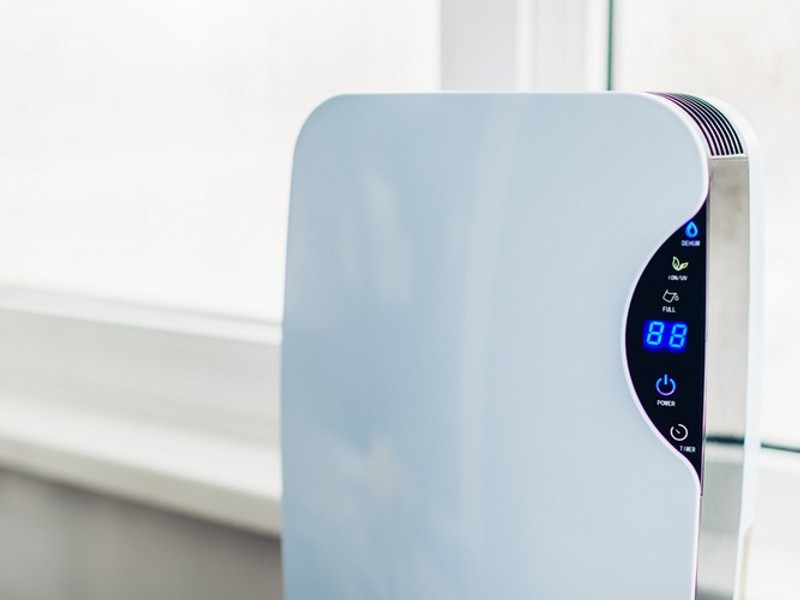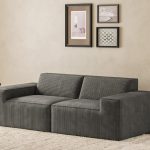Quick Guide to Whole Room Dehumidification Systems
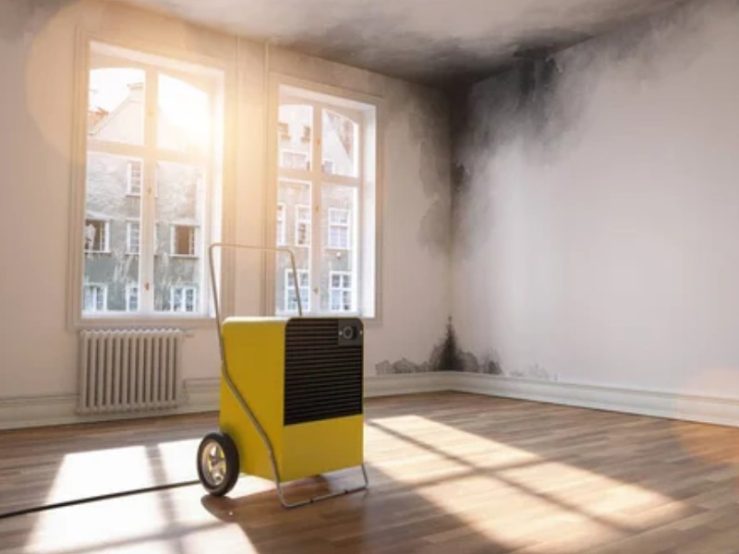
When a person enters a room and suddenly feels they’re treading water in the air rather than breathing it, that’s proof positive the humidity’s playing party time—and it didn’t invite anyone. Sticky air, damp smells, and fogged-up windows are only the beginning of the destruction. And if you’ve ever attempted to sleep in a damp bedroom or had the joy of wiping down closet walls during the middle of summer, you already know how humidity prefers to overstay its welcome.
That’s where the magic of whole room dehumidification comes in. This isn’t your grandma’s small plastic box with a packet of adsorbing moisture crystals. No offense to grandma—she tried. But for those who are serious about air quality, comfort, and defending their space, a full-system approach is the only solution.
Table of Contents:
Humidity: The Uninvited Houseguest
Humidity is stealthy. It does not burst through the door like a thunderstorm or scream like a smoke detector. It just slips in. One day your walls aren’t damp, and the next your best-printed photo has started curling up at the edges like it’s trying to journey back in time to 1994.
Aside from the obvious discomfort, too much humidity ruins wood furniture, ruins electronics, causes paint to blister, and gives birth to mold and mildew that will aggravate asthma or allergy. That’s the way invisible issues work—they quietly undermine your home and health.
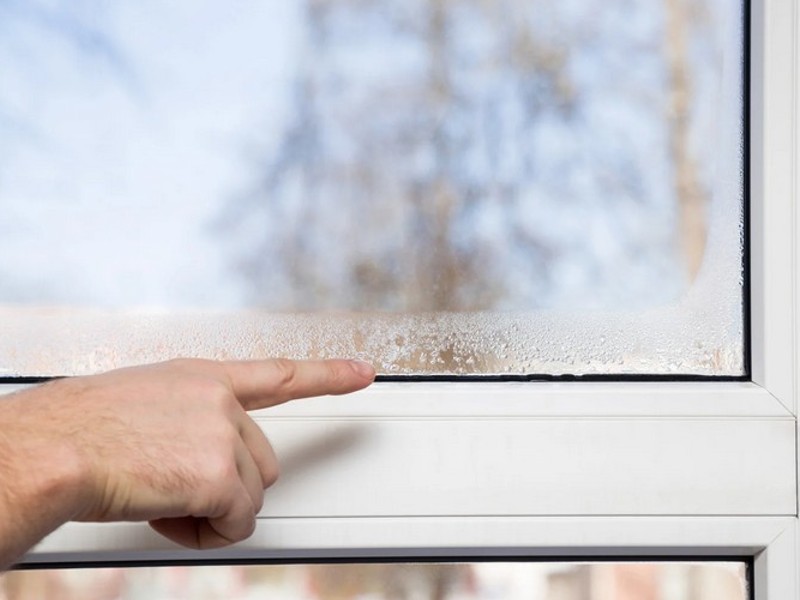
So rather than your drywall sweating or your laundry smelling like a gym locker, the preventative measure is a whole room dehumidification system.
So, What Is Whole Room Dehumidification?
Think of this: instead of a small unit humming ineffectively in the corner of a room, this system is designed to monitor and manage humidity in an entire room—bedroom, basement, home office, even a big, open-concept living room.
It works by pulling in damp air, condensing the moisture vapor, and then pushing drier air back into the room. Contrary to smaller portable units that can only target one section or corner of a room, these systems don’t joke. They’re usually installed as part of your HVAC system or stand-alone but with sufficient capacity and power to target an entire room simultaneously.
What’s lovely about it is how quiet and subtle it can be. No always-evacuating trays of water. No plastic devices masquerading as trip hazards. Just comfort—and plenty of it.
Who Actually Needs This Type of Equipment?
Anyone who has stepped into a soggy basement and reflexively held his or her breath realizes why dehumidification is important. But it doesn’t stop there. Newer, more tightly constructed homes can trap humidity too. Your home gym where you’ve been sweating profusely on the treadmill, a reading room that’s too near the bathroom, or even your nursery where you want the air to be just so for your infant—these are all ideal locations where humidity likes to stay.
The beauty of whole room dehumidification systems is they can be tailored to different needs. Whether you’re trying to protect a vintage record collection or just make sure your laundry doesn’t take three days to dry, there’s a system that fits the bill.
And let’s be realistic, there’s something really nice about breathing air that doesn’t taste like soup. If you’ve ever let out a deep breath of relief stepping into a hotel room with wonderfully dry air, you already get it about the kind of comfort a quality system can provide.
More Than Just Dry Air: The Comfort Upgrade You Didn’t Know You Needed
Most of us think of air comfort in terms of temperature. Hot? AC on. Cold? Sweater on. But humidity has a huge influence on how we feel. Ever cooled off in a steamy room? It’s like drying with a damp towel. Moist air contains heat, so even if your thermostat reads 72°F, it may feel hotter—or just. heavy.
That’s why whole room dehumidification is a game-changer. It makes your AC more effective, your energy bill cheaper, and your comfort level through the roof. And when you couple it with a smart home system, you can forget about it. The system will automatically turn on when humidity passes a threshold, so you don’t even have to remember it.
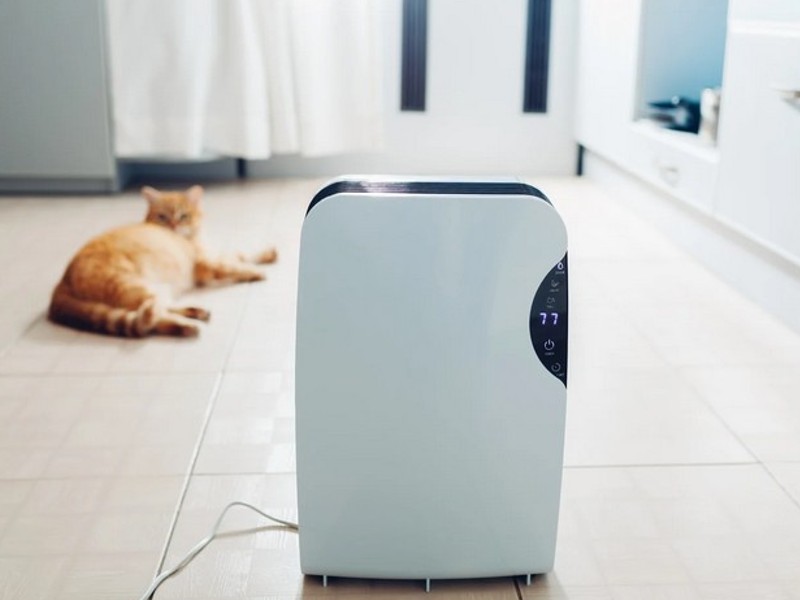
Your plants will appreciate it. Your walls will thank you. Even your dog may walk a little taller, detecting the better air vibes.
Installation Doesn’t Have to Be a Headache
This is the point where most people stall—installation. Thoughts of contractors tearing apart drywall and wiring finicky devices into your house may spring to mind. But it doesn’t need to be. A lot of whole room dehumidification systems are fairly simple to install, particularly when left in the hands of experts who’ve done it a hundred times prior to breakfast.
Some units come right into your HVAC. Others can be ducted to a given room or wing of the house. A quality technician will properly size your system (because yes, size does matter when it comes to airflow and moisture removal) and explain your choices to you.
This is not a one-size-fits-all type of deal. It’s closer to tailoring a suit—do it right, and you’ll not know how you ever did without it.
The Verdict: Say Goodbye to Sticky Air
Here’s the bottom line: living in a space with high humidity is like wearing a damp shirt all day. Uncomfortable. Unpleasant. Unnecessary.
Whole room dehumidification is putting money into your home’s interior. It won’t make the sparkling headlines of a kitchen remodel or the headline-making cost of a new roof, but it quietly goes to work every day, purifying the air, protecting your belongings, and placing a smile in your lungs.
You’ll rest better, breathe easier, and stop living in fear of peeling paint or buckled floorboards. And the best part of it all? Once it’s in place, you don’t even have to get off the couch. It simply works. Day after day. All day every day.
Humidity may be natural, but with a high-performance dehumidification system, you can at last add, “Not in my house.

